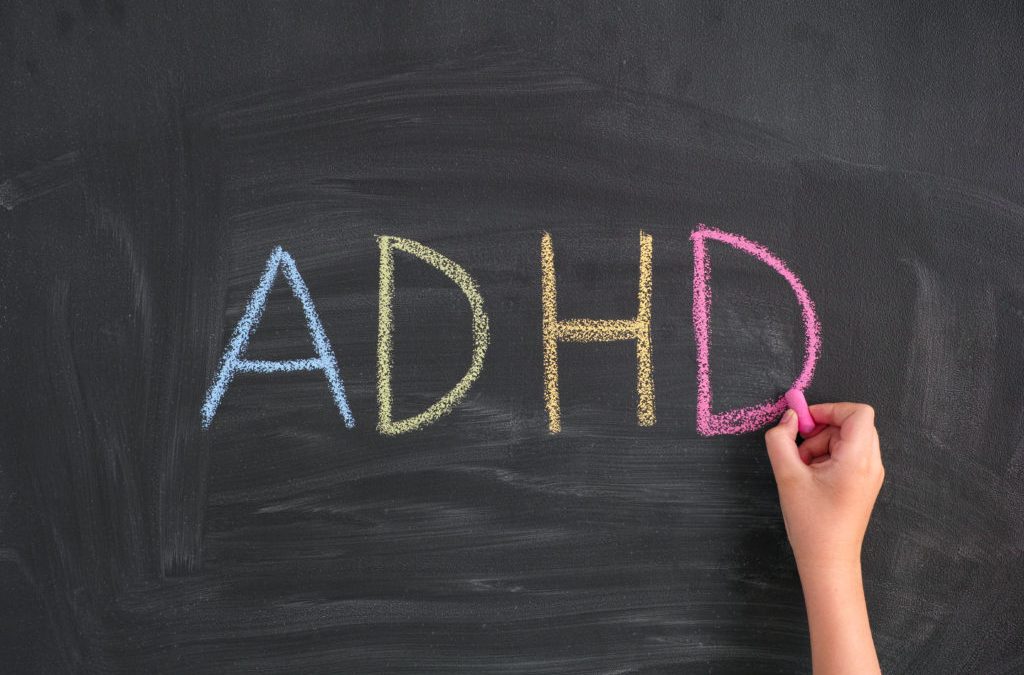Player Ready Virtual Reality & ADHD/ADD
Virtual Reality (VR) technology has been increasingly used in recent years for various purposes, including entertainment, education, and therapy. In particular, it has been found to have significant benefits for individuals with Attention Deficit Hyperactivity Disorder (ADHD). In this blog, we will discuss the ways in which VR can help people with ADHD.
– Improved Focus and Concentration: One of the key symptoms of ADHD is difficulty in focusing and maintaining attention. VR provides a unique, immersive experience that can capture and hold the attention of individuals with ADHD, allowing them to focus for longer periods of time. The sensory stimulation and interactive nature of VR can also help to keep their mind engaged, reducing the likelihood of distractions.
– Enhanced Cognitive and Social Skills: VR can provide a safe and controlled environment for individuals with ADHD to practice and develop their social and cognitive skills. For example, VR can be used to simulate real-life situations where they can learn how to interact with others and manage their emotions. This can be particularly beneficial for individuals who struggle with social interactions in real-life settings.
– Reduced Stress and Anxiety: Individuals with ADHD often experience high levels of stress and anxiety, which can be exacerbated by real-life situations that are overwhelming. VR provides a safe and controlled environment where they can practice managing their emotions and reducing stress levels. By exposing them to virtual environments that simulate real-life situations, they can learn to cope with stressful situations in a controlled and safe setting.
– Improved Physical Coordination and Motor Skills: VR can also be used to help individuals with ADHD improve their physical coordination and motor skills. By providing a fun and engaging environment for physical activity, VR can help to increase motivation and improve overall physical ability.
In conclusion, VR technology has the potential to greatly benefit individuals with ADHD by improving focus, cognitive and social skills, reducing stress and anxiety, and enhancing physical coordination and motor skills. By providing a safe and controlled environment, VR can help individuals with ADHD overcome the challenges they face in their daily lives and improve their overall quality of life.
Why not speak to Player Ready and book in for some Virtual Reality today?
This blog was written by OpenAI ChatGPT Jan 30th Version #ChatGPT

